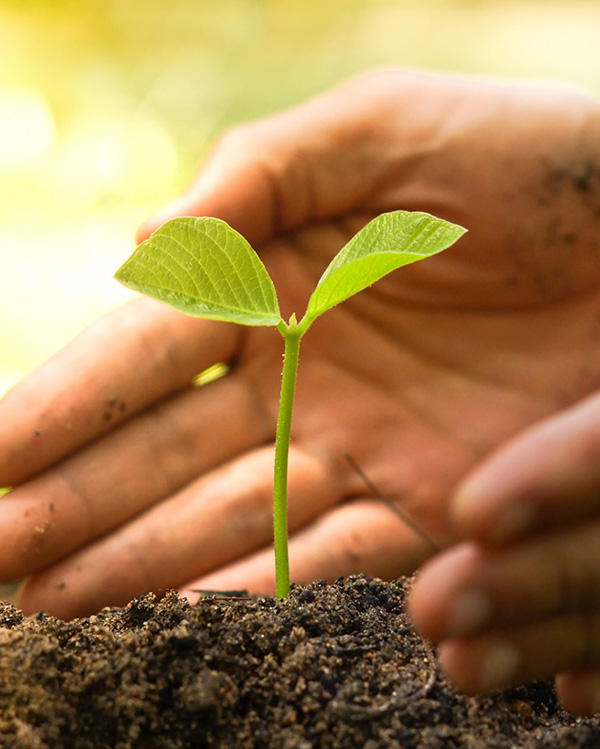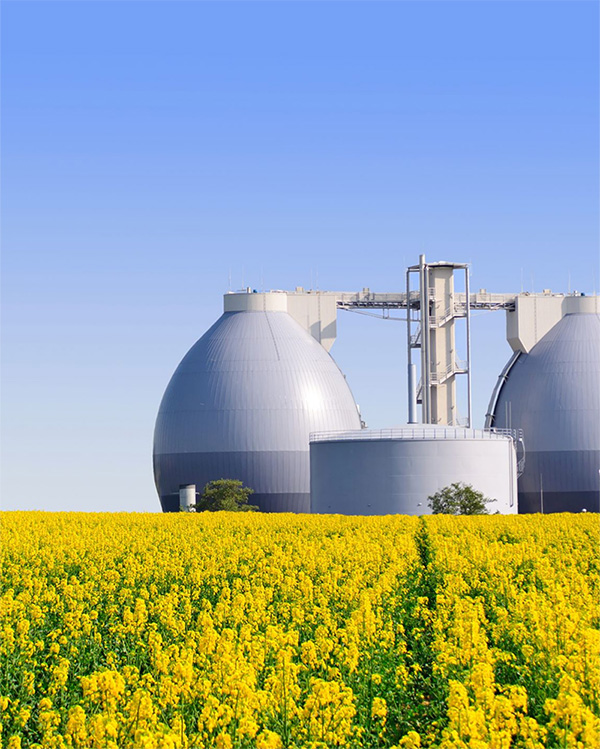
Areas of application
Dewatering is a useful solution for most types of sludge waste, for example waste from fish and meat production, sewage, agricultural waste and waste from the process industry. The content of liquid in such waste usually serves no value; it only makes the waste more difficult and expensive to handle.
Fish farming:
With an increase in land-based and closed fish farms, the question of how to handle the sludge is important. Fish sludge is a valuable resource if the dry substance is recovered properly. It has a high content of energy, nitrogen and phosphorus, which can be converted into biogas or plant fertilizer. Research suggests that phosphorus in the future may be a scarce resource. At the same time, research from NoFima points out that farmed salmon release half a billion kilos of shit and sludge a year. Kyst.no writes in an article about sludge that the aquaculture industry wastes phosphorus values corresponding to a population of as many as 60 million people. There is therefore no doubt that fish sludge must me recycled. Dewatering will be the first step in such a recycling process.
Sewage:
Dewatering is expedient for handling septic sludge or waste water. The sludge contains values such as organic matter, nitrogen and phosphorus. Therefore, it is important to have a dewatering that takes care of the nutrient content of the sludge, so that the dry matter can be transported to a biogas plant. Dewatering methods that can be utilized are for instance screw presses or belt filter. This will provide both cost-effective transport and reduce greenhouse gas emissions.
Oil industry:
Draining off slope water / oil waste offshore before being transported to land or when delivered to a quay has a number of advantages. Reduced volume means cost-effective transport, as it requires far fewer supply boats and trucks. This also means lower fuel consumption, thus reducing greenhouse gas emissions. The solution is also HSE friendly because it requires fewer risky lifts from rig to supply boat. It will also reduce the risk of any accidental discharge of waste water / oil waste.
Process industry:
Process industry: sludge waste from the processing industry must be transported to a receiving plant. If one wastes process water or rinse water at the factories / plant before the waste is to be transported further, one will remain with a sludge volume which is reduced considerably. This will provide both cost-effective transport and at the same time reduce greenhouse gas emissions. In some processing industries, especially in the food industry, dry matter can be transported to a biogas plant for the extraction of biogas. Read more about the benefits of biogas in the section below.
Biogas production:
Biogas arises from the decomposition of organic material under anaerobic conditions, meaning without supply of oxygen. The gas burns and releases energy, which is also a carbon neutral product. A total of 20 percent of all domestic road transport could be covered by Norwegian-produced biogas. Sewage sludge, wet organic food waste, lifestock manfure, fish sludge etc., are typical sources of waste to produce biogas. In other words, a series of different industries can make use of sustainable energy recovery. Dewatering before transport to biogas plants provides both cost-effective transport and less greenhouse gas emissions. After the extraction of biogas, one remains with a lot of called bio manure. Bio manure has a number of advantages. With similar properties to livestock manure, it provides vital nutrients to the soil. This also reduces the need for fertilizers. At the same time, carbon is stored in the soil, which can help prevent erosion and depletion. Bio manure should be dewatered in the same way as all other types of sludge. This reduces both transport costs and greenhouse gas emissions. If biogas production is optimized, one can produce as much as 600,000 tons of liquid bio manure. In line with the EU’s renewable directive, biogas can provide 200% climate cut if livestock manure is used as raw material. When manure is used in biogas plants, it also ensures a reduction in emissions of the strong greenhouse gases methane and nitrous oxide. Biogas production is also compatible with the EU’s objectives in the circular economy package on material recycling. Since bio manure can be used in production of food, the resources in the waste can be used over and over again. This way, we get a circular bioeconomy..

